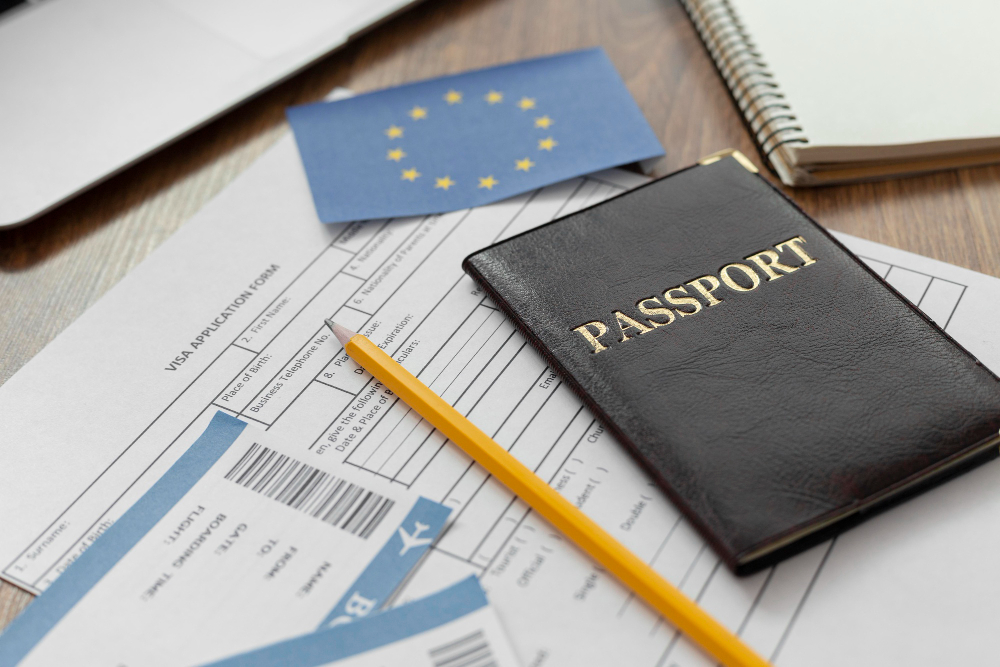Schengen Visa Expenses for Filipinos to Soon Soar by 13%
KEY TAKEAWAYS
A 12.5 per cent proposed increase in visa fee applications can result in Filipinos spending over €1 million more in 2024.
The new price for Schengen visa applications will increase from €80 to €90, with the prices being up also for minor applicants and countries showing a lack of cooperation in readmission.
Inflation rates have been cited as the main reason for this initiative.
Filipino nationals are expected to spend €11.8 million in Schengen visa fees instead of €10.5 million if a draft proposed by the EU Commission to hike visa fees is approved.
As the new initiative anticipates, the price for Schengen visa applications will increase from €80 to €90, with the respective authorities revealing that the inflation rates are the main driver for raising the fees.
According to Eurostat, the EU Office for Statistics, the annual inflation rate in January of 2024 stood at 3.1 per cent – down from 3.4 recorded in December 2023. Compared to January 2023, when inflation rates were ten per cent, inflation gradually stabilised this year.
The €10 Additional Fee to Impact Over 100,000 Filipino Annual Visa Applicants
Calculations for the average number of visa applications filed by Filipinos between 2018 and 2022 show that this nationality files 132,000 visa applications every year. Based on the data published by Schengen Statistics, the expenditure for visa applications can soar by €1.3 million in 2024.
In addition to the regular applications, the EU-led initiative wants to raise the fee for minor applicants from €40 to €45. Countries showing a lack of cooperation on readmission will also face higher fees, from €120 to €135 and from €160 to €180.
Schengen visa service providers will also impose higher fees, charging €45 instead of €40 for their services, while the application for a Schengen visa extension is expected to remain unchanged, set at €30. The proposed measures would exclude countries that already have a facilitation agreement with the EU.
The revision of the visa fees does not affect the fees laid out in visa facilitation agreements unless the agreement’s provisions make explicit reference to the visa fees set out in the Visa Code.
EU Commission
Increased Visa Fees to Impose Financial Burden & Limit Filipinos on Their Travel Opportunities
Despite a decline in visa applications during the COVID-19 pandemic, the application rates by Filipinos have been gradually increasing.
In 2018 and 2019, almost 176,000 and 190,000 visa applications, respectively, were filed by this nationality. The figure dropped to 64,000 and 78,000 in the following two years, which marked the coronavirus pandemic, which was characterised by travel restrictions and an overall fear of travelling. However, in 2022, Filipinos made a comeback to the EU, filing almost 153,000 applications.
Considering the interest of Filipinos in travelling to the EU, the initiative to increase Schengen visa fees can impact their desire to travel. Financial burden can be one of the reasons, as Filipinos pursuing travel opportunities, regardless of the purpose, can deter them from moving within the Schengen Area.
This means that tourism can see a drop in Filipino visitors and European Universities, who might expect fewer Filipino international students. However, workers from the Philippines, which is a growing source market for several industries in the EU, can cause the most damage, resulting in a reduced labour force in the EU.

